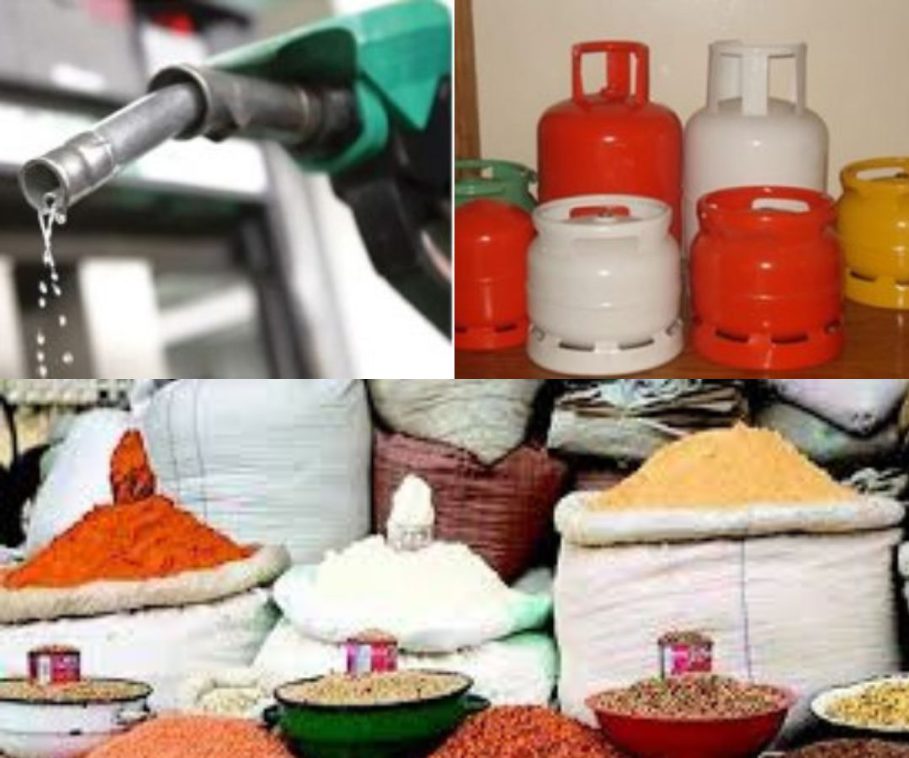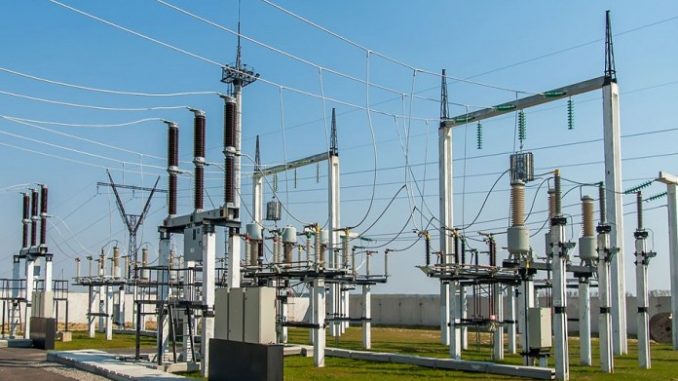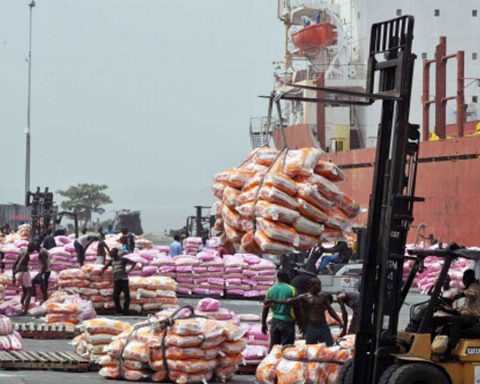Nigeria’s crude oil output dropped by 33,000 barrels in September
Nigeria’s crude oil production in September fell by 33,000 barrels to an average of 1.405 million barrels per day (bpd), according to the latest report from the Organisation of the Petroleum Exporting Countries (OPEC). This decline marked a significant drop from the 1.438 million bpd recorded in August, signalling ongoing challenges in the nation’s oil sector.
OPEC’s October oil market report revealed this setback, with secondary sources confirming the numbers from Nigerian authorities. “Nigeria’s output has seen a noticeable decrease over the past few months,” said an OPEC official. “We are monitoring the situation closely, particularly as Nigeria is one of the leading oil producers in Africa.”
Join our WhatsApp ChannelDirect data shows a further drop
While OPEC’s figures showed a drop to 1.405 million bpd, direct communication from Nigerian sources revealed an even steeper fall. The country’s average production for September was 1.324 million bpd, 27,000 barrels less than the 1.352 million bpd recorded in August. This variance highlights the ongoing production struggles in Nigeria’s oil fields.
Despite the decline, Nigeria remains Africa’s largest oil producer, maintaining a significant lead over Libya, whose production has been disrupted by the shutdown of key oil fields. Libya’s output stood at 450,000 bpd during the same period.
OPEC’s global production insights
Globally, OPEC’s total crude oil production for its 12 member countries averaged 26.04 million bpd in September. This marked a month-on-month decrease of 604,000 barrels per day, according to secondary data. While some countries like Iran and Kuwait saw a rise in output, production fell in key members such as Nigeria, Saudi Arabia, Iraq, and Libya.
OPEC noted that “the overall decline in production can be attributed to a mix of geopolitical tensions, operational challenges, and maintenance activities in some of the largest oil fields.”
Non-OPEC production trends
In contrast to the decline within OPEC, non-OPEC oil-producing nations continued to see steady growth. Total crude oil production from non-OPEC Declaration of Cooperation (DoC) members stood at 14.06 million bpd in September, marking a slight increase of 47,000 bpd compared to the previous month. Countries like Kazakhstan led the way in production gains, while Russia experienced a decline.
OPEC projects that non-DoC liquids supply, which includes oil from countries not participating in the OPEC+ agreement, will grow by 1.2 million bpd in 2024. This output is expected to average 53.1 million bpd, similar to last month’s assessments.
READ ALSO: Saudi Issues Warning Of $50 Oil Price If OPEC+ Nations Fail To Comply
Challenges for Nigeria’s oil sector
Nigeria’s declining oil production comes at a time when the country has been striving to meet its OPEC quota while also fulfilling local refinery demands. The country’s output has consistently hovered between 1.2 and 1.3 million bpd since the beginning of the year, well below its potential capacity.
Energy analysts have pointed to multiple factors behind the slump, including pipeline vandalism, oil theft, and underinvestment in critical infrastructure. “Nigeria’s oil sector is under immense pressure. The country is struggling to increase its output despite having vast resources,” noted an industry expert. “The challenges range from technical issues to broader security concerns in the Niger Delta region.”
Ongoing concerns for the global oil market
The report also noted broader challenges in the global oil market, with several OPEC members, particularly Libya, facing significant disruptions in production. Libya’s unrest, along with ongoing tensions in Iraq, continues to impact the stability of oil supplies from these regions.
OPEC’s report highlighted that “geopolitical risks and internal conflicts remain key factors influencing the production outlook for several member states.”
Outlook for 2024
As the world moves into 2024, OPEC expects some recovery in global oil production, particularly from non-OPEC countries. The United States, Canada, Brazil, and China are anticipated to contribute to the bulk of the growth in oil supply next year. However, challenges remain for OPEC members, especially those grappling with political instability and operational difficulties.
For Nigeria, the path forward may involve ramping up investment in oil infrastructure and addressing the ongoing security challenges that threaten production levels. As OPEC continues to monitor global output, Nigeria’s role as Africa’s largest oil producer remains critical to the continent’s energy future.
















